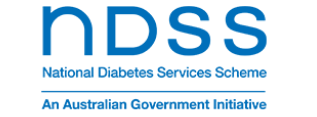Poison legislation and administration of medication policies
Controlled Substances Act 1984 (SA)
Department of Education (South Australia) Medication Management Policy
Medication Management in Education and Care Procedure (Oct 2019)
Diabetes/health care policies and reasonable adjustments
Health support for diabetes (including management plans and health care plan)
Disclaimer
References in this document do not indicate an exclusive course of treatment or procedure to be followed. Variations, considering individual circumstances, may be appropriate. Internet addresses are current at time of publication.
Last updated: 2nd June 2021







